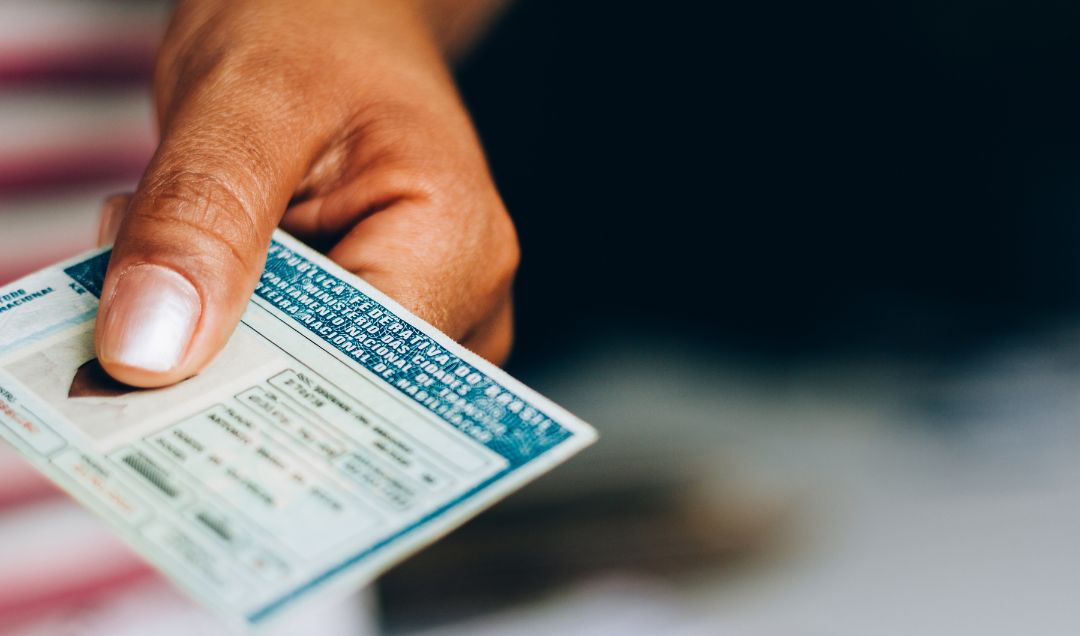
One of the requirements for a driver’s license restoration is to show that the alcohol or drug problem is under control and likely to stay that way. An alcohol or drug problem is considered “under control” when it’s in full-sustained remission, which means complete abstinence for at least one year. This article covers the most important step to get your Michigan driver’s license back after revocation.
Trying to get your driver’s license restored? Unhappy with your current attorney? Request a free consultation now.
What if you don’t think you have a “problem” with alcohol or drugs?
Chances are, from the perspective of the Driver License Hearing Officer, you do have a problem.
The vast majority of drivers go their entire lives without any alcohol or drug related offenses.
The fact that you have multiple offenses is face-value evidence that you do have a problem.
It’s possible to be the exception to the rule, however, that’s extremely unlikely.
Think of the odds of winning the lottery twice or being struck by lightning twice.
If you want to win your hearing, most likely the best approach is to begin with the understanding that you do have a problem and then focus on how to prove that it’s under control.
The Department of State sets the rules for driver license restorations.
Instead of trying to debate them on whether or not you have a problem, it’s best to simply accept that, from their perspective, you do and move forward from there.
Once you know the rules, you can play the game and win.
What does “under control” mean?
An alcohol or drug problem is considered “under control” when it’s in full-sustained remission, which means complete abstinence, for at least one year.
Abstinence from alcohol includes non-alcoholic beers and even a sip during a champagne toast.
Additionally, abstinence requires avoidance of all mood and mind-altering drugs, including marijuana.
The only exception is for prescription medications.
What does “likely to remain under control” mean?
This means that there’s good reason to believe that you’ll continue to stay sober.
Very often, getting sober comes with an awakening or a realization of the eventual and inevitable loss of control that would come with continued alcohol or drug use, and the decision to never drink or use drugs again.
Some people choose to attend counseling or 12-step programs, such as Alcoholics Anonymous (AA).
These are great ways to get help and to show that you’re not likely to relapse.
However, these aren’t necessarily required.
What they expect to see are lifestyle changes including different people and activities than used to be in your life.
The drinking buddies should have fallen by the wayside and the circle of close friends should have gotten smaller.
The partying lifestyle will likely be replaced with athletic activities or evenings staying at home.
Trying to get your Michigan driver’s license back after revocation? Unhappy with your current attorney? Request a free consultation now.
